Wonder Woman has made herstory.
The Warner Bros. film starring Gal Gadot as a female superhero has garnered an estimated $100.5 million for its opening weekend in North America, reports CNN.
This amount has shattered records, establishing Petty Jenkins as the female director with the largest opening weekend ever. Previously, that distinction went to Sam Taylor-Johnson, whose Fifty Shades of Grey opened with $85.2 million.
Wonder Woman is the first major superhero film to be centered on a female character. And it hopefully won't be the last. Paul Dergarabedian, a senior media analyst at comScore, told CNN how the film's box office is a game-change moment for the industry.
"Any ridiculous notion that a woman may not be suited to direct a big budget superhero movie is hopefully once and for all shattered," Dergarabedian said.
However, not everyone is confident that Women Woman's success will engender change in Hollywood, which still struggles with gender inequality in more than just the superhero franchise.
Both in front of and behind the camera, women are far from achieving equality. In 2015, only 1.9 percent of the year's largest grossing films were helmed by female directors, reported Maureen Down of the New York Times. This number went up slightly in 2016, but the glass ceiling endures.
And while more than half of 2016 blockbusters passed the Bechdel test -- a test that requires at least two female characters to have a conversation about a topic other than a man -- almost half still failed, according to a Bustle survey.
Frank Rich, a gay columnist at the Times, recognized that Wonder Woman was a test of its own for Hollywood. He called the outstanding box office an "enormous relief." But he questioned whether the entertainment industry will learn from the victory.
"Does anyone doubt that if Wonder Woman had flopped, Hollywood chieftains would have drawn sweeping and cynical conclusions about the potency of female superheroes, female directors, female everything? Now we'll see if they read as much into the success of Wonder Woman."
This fight for representation intersects into other communities as well, which Wonder Woman is well aware of. At one point in the film, an ally of Wonder Woman's, Sameer (Said Taghmaoui), laments how he always wanted to become an actor, but the color of his skin prevented him from pursuing this dream. The production is set in World War I, but Sameer may very well be speaking to women, people of color, and LGBT people today, who are still sorely underrepresented.
For example, a recent GLAAD report demonstrated the ongoing failure of major studios to represent LGBT people: a survey of 125 films found that only 23 had LGBT roles in 2016. Make no mistake, these roles are not leads of franchises. Rather, they tend to be punchlines and comic relief.
Now that the lie that women can't lead a superhero film is exposed, Hollywood must also extend these opportunities to all members of vulnerable communities. The stakes have never been higher. Xenophobia, racism, transphobia, and misogyny have become the real villains of the world. The entertainment industry has the power to cast superheroes to fight them -- and it must use it. As Wonder Woman's success has shown, such a strategy is not only good for business. It's good for the world.
DANIEL REYNOLDS is an editor at The Advocate. Follom him on Twitter @dnlreynolds.


































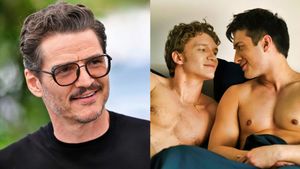







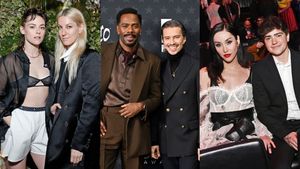

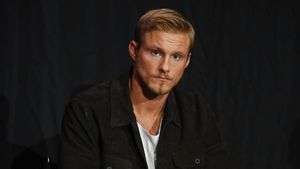















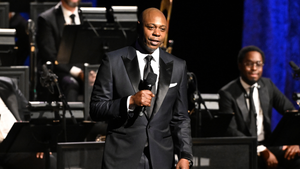

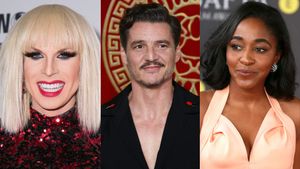



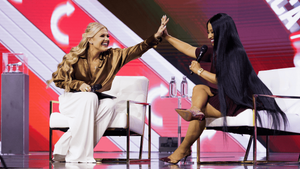
Charlie Kirk DID say stoning gay people was the 'perfect law' — and these other heinous quotes